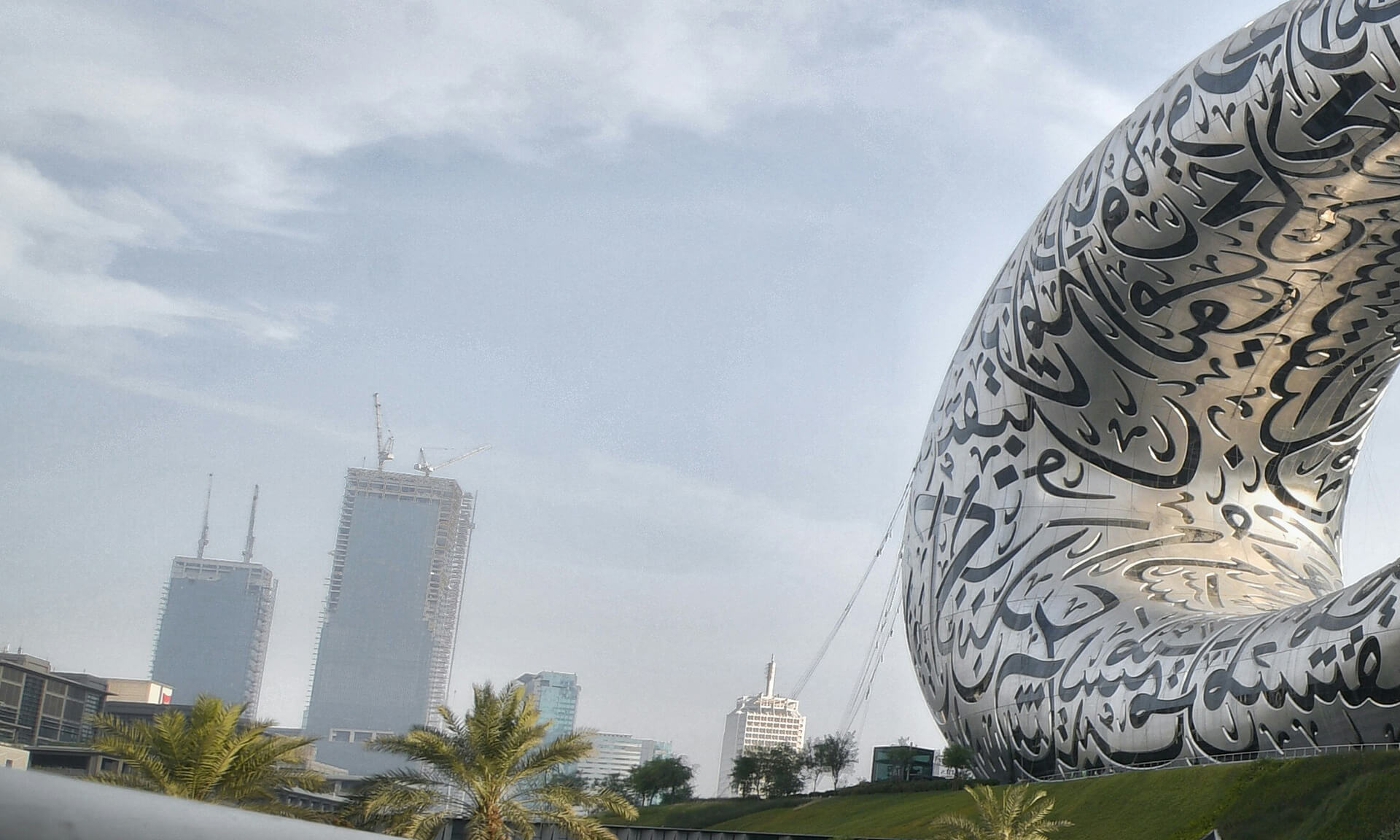The global wealth index indicates a 6.4 percent growth in the year 2017. The Kingdom of Saudi Arabia (KSA) and the United Arab Emirates (UAE) have secured the first and second place respectively in the region of Middle East as per the report of Credit Suisse Research Institute’s 2017 Global Wealth.
The estimated total wealth of KSA or the net household worth amounted to $772 Billion whereas the UAE came close in second place with the estimated value of $603 Billion. The countries of Kuwait and Qatar show an estimated total net worth of $292 Billion and $218 Billion respectively. The net household worth of Bahrain is calculated to be $34 Billion, and Egypt’s wealth declined to $178 Billion as opposed to the peak of $511 Billion in 2010.
The data for the region of the Middle East and North Africa for the period of 12 months till the period of mid-2017 indicated that the total wealth of the MENA region grew by $ 2.22 Trillion or 156% from the year of 2000 which was over and above the global average of 140%.
The wealth per adult net of debt increased by 1.9% in the MENA region when compared to the global average of 6.4%. The region of Qatar recorded the highest wealth per adult at $102,517 in the mid-2017 and was flowed by Kuwait closely by $97,300. Nevertheless, Kuwait registered an increase in the percentage of wealth per adult at a 1.4% while Qatar had a drop of 0.2%.
The UAE comes in the third position with wealth per adult at $78,800, and its percentage grew by 1.2% since last year. Bahrain shows a steady increase of 2.7% from the mid last year by parking the wealth per adult at $30,800.The leading economy of the MENA region, the KSA registered a growth of 2.8% at $35,000 whereas Egypt saw a substantial drop of 50.2% nearing $3,200 due to the clash against the US Dollar. In the next five years, household net worth of the Mena region is expected to increase by a further 52% or nearly 8.8% annually.
The eighth edition of the Global Wealth Report showed that the Global Wealth has grown at a rate of 6.4% which is the fastest growth since the year 2012 and has reached $280 Trillion with a gain of $16.7 Trillion. This increase is the reflected result of vast profits across the equity markets which were well matched by the rises in the non-financial assets as they moved above the pre-crisis level of the year 2007. The growth of wealth outranked the growth of population which means, that the global wealth grew by 4.9% and created a new record high of $56,540 per adult.
After more than a decade since the start of the global financial crisis, there has been a significant increase in global wealth and the country of Switzerland, the wealth per adult increased by more than 40% and leads in the global rankings.
In this year’s edition of the Credit Suisse Research Institute’s annual Global Wealth Report, we explore the wealth prospects of the Millennial generation, which emerges from a more challenging period than its predecessors,” said Urs Rohner, Chairman of the Credit Suisse Research Institute and Chairman of the Board of Directors of Credit Suisse Group.
For more information reach us at [email protected]






























 IMC Group
IMC Group